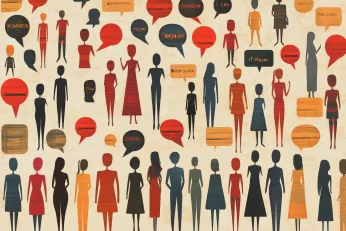Your five minute Mail hate
A Gawker piece by James King is doing the rounds today, highlighting the “ripping off” done by the Daily Mail Online:
Yes, most outlets regularly aggregate other publications’ work in the quest for readership and material, and yes, papers throughout history have strived for the grabbiest headlines facts will allow. But what DailyMail.com does goes beyond anything practiced by anything else calling itself a newspaper. In a little more than a year of working in the Mail’s New York newsroom, I saw basic journalism standards and ethics casually and routinely ignored. I saw other publications’ work lifted wholesale. I watched editors at the most highly trafficked English-language online newspaper in the world publish information they knew to be inaccurate.
Cue appropriate outrage and disdain, as the journalism world’s general dislike of the Mail became apparent.
The Mail backlash backlash
But, as Paul Carr pointed out in PandoDaily, this was a case of the pot calling the kettle black, on some of the allegations:
The only real surprise is that the piece was published by Gawker, a publication edited by a right-wing (and increasingly so) British former fleet street hack and which is guilty of almost every offense of which the Mail stands accused.
And even Martin Belam, lord of all things new formats at leftie tabloid The Mirror and thus the Mail‘s natural enemy, took exception to the idea:
Linking and attribution on news websites has been dreadful for years. Since news started going online. And it’s only made worse by organisations being really cagey about links because of Google’s SEO justice warriors threatening you with punishment if you are not doing it according to Google’s rules. MailOnline is a massive content factory, sure, but there are thousands of others out there.
Aggregation’s evil mutant offspring
The horrible truth is that the evangelism many of us engaged in for the idea of aggregation has been utterly wasted. What we promoted was, essentially, linking to the best stuff out there, rather than just promoting your own content. That’s what I’ve just done above – linked to three different stories I think it’s worth you reading. I’m sending traffic to them, not stealing it from the authors. That’s not what most organisations are doing – they’re engaging in this twisted, horrible mutant form, where people rip off and rewrite other stories.
That’s not aggregation. That’s stealing stories. But it’s become so widespread and so common, that it seems almost impossible that we’ll ever unwind from it – unless there’s a sudden outbreak of ethics amongst online publishers. Or, more dramatically, someone makes a big thing of it in court – and wins.
Right now, I can’t see either happening.
Sign up for e-mail updates
Join the newsletter to receive the latest posts in your inbox.











